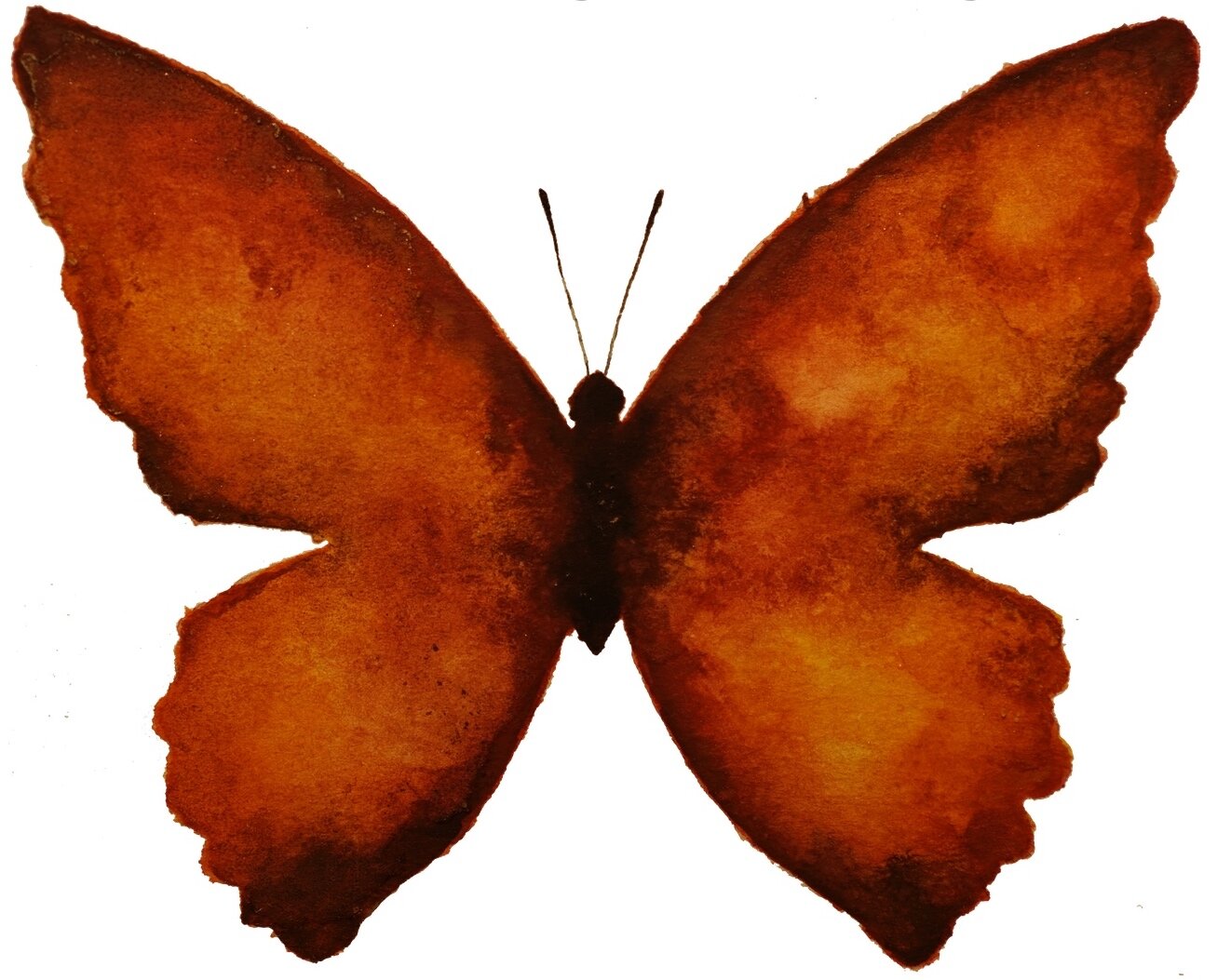The Importance of grounding for anxiety relief
 Photo by Tirachard Kumtanom from Pexels
Photo by Tirachard Kumtanom from Pexels
In this week's podcast we're talking the importance of grounding for anxiety relief, and how you can get started.
Download this episode (right click and save)
This episode of Anxiety Slayer is brought to you by Comforting Weight.
Points covered in this episode:
Feeling ungrounded and anxiety go hand in hand. Symptoms of anxiety related to ungroundedness include insecurity, restlessness, looping thoughts, a sense of being disconnected from our surroundings and others, and having trouble concentrating.
Some background on why this happens with anxiety according to Ayurveda
- Ayurveda and the five elements and body types (earth, water, fire, air ether)
- Why the Vata (air and ether) body type is most likely to suffer from anxiety (though anyone can become “vata disturbed”)
- The qualities of Vata and how an increase in these qualities provokes anxiety.
- How a vata environment can trouble our nerves and increase anxiety
There are accounts of aunts suffering from their nerves when the Levante wind blows both in Spain and Gibraltar. There is also an area in Switzerland where a particular wind blows and causes such a high prevalence of anxiety-related symptoms that there is a disease named locally after that wind. Symptoms include headaches, insomnia, anxiety, insecurity and depression.
- To feel calm and secure, we need to feel grounded.
- Ayurveda teaches that the law of gentle opposites should be applied for calming anxiety.
If anxiety is provoked by lightness, cold, dryness, roughness, and movement anything that brings opposite qualities is helpful in calming anxiety.
Finding ways to keep warm and still in a soft environment is a good thing to try. We’ve talked in previous podcasts about creating a “nest” with blankets and cushions where you can curl up and feel warm and safe. Adding weight is helpful too.
If you find it challenging to be still, and vata provoked anxiety sufferers often do, try playing calming music, and using grounding essential oils.
Calming and Grounding Essential Oils
An Ayurvedic herb well regarded for it’s calming and grounding qualities is ruh khus, or Vetiver. The oil comes from the root of the plant and helps calm the nerves and clear the mind. Try mixing with a little almond, or sesame, oil as a carrier oil and massaging into the soles of your feet before sleep.
Lavender is also excellent for calming vata.
Grounding Milk Bedtime Drink
Warm almond milk with a pinch of nutmeg or saffron. Nutmeg is naturally sedative, and saffron is soothing to the heart.
Yoga for Grounding and Calm
The root chakra (Muladhara) is the foundation of the chakra system and our survival centre. The human “fight-or-flight” response is initiated here and when this chakra is in balance it’s is associated with grounding, vitality, and stability. It includes our survival instinct, our desire for safety and security, and our basic human needs, such as a roof over our heads and food to eat. A balanced root chakra brings emotional stability.
Located at the base of the spine, and you can visualize it like a ball of red glowing energy. A couple of yoga postures for grounding your root chakra include.
Savasana
Rest on your back with your arms at your side palms facing up. Let yourself be fully supported by the earth beneath you, and let go of all tension in your body. Remind yourself “I am safe, I am supported” with each inhale and exhale.
Balasana / Child’s Pose
Child’s Pose is a common beginner's yoga pose. It is often used as a resting position in between more difficult poses during a yoga practice.
Benefits of Child's Pose:
- Helpful for dizziness or fatigue
- Calming for stress and anxiety
- Stretches and relaxes the spine
- Calms the mind and body
- Encourages strong, steady breathing
- Releases tension in the back and shoulders

